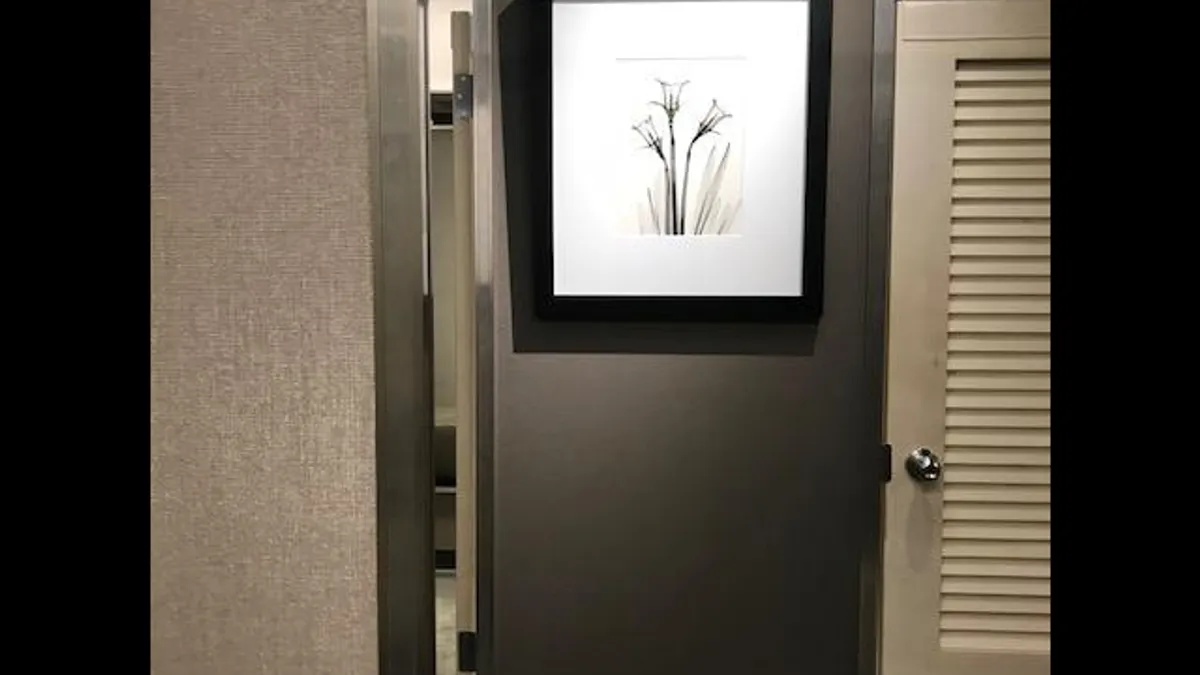Dive Brief:
- In a Wednesday press release, the Illinois State Board of Education announced an emergency action ending the use of isolated seclusion in school disciplinary actions, in addition to committing to improved data collection on cases of time-out and physical restraint, and an "immediate review" of all known incidents of isolated seclusion in the past three years to take corrective action.
- The emergency action bans all isolated seclusion practices but allows time-outs with trained adults in a room with unlocked doors, requires all educational entities to submit data to ISBE on all physical restraint or time-outs, and eliminates the option for parents to waive notification of use of time-outs or physical restraint.
- The announcement was made one day after Chicago Tribune and ProPublica Illinois published an investigation showing students were unlawfully being isolated.
Dive Insight
The debate over the use of physical restraint and seclusion in schools flared up earlier this month when three staff members at Guiding Hands private alternative school in El Dorado, California, were charged in the 2018 death of a student on the autism spectrum. The 13-year-old boy died after being restrained due to fears he may hurt others.
Nationwide, more than 100,000 students were restrained or secluded during the 2013-14 school year. Nearly 69,000 of those students had disabilities, suggesting the practice of isolation and restraint are typically used on students with disabilities.
Evidence shows this type of punishment can cause physical, psychological and emotional damage, according to the Stop Hurting Kids advocacy group. African Americans, who only make up 21% of the students with disabilities, represent 44% of the incidents.
State actions on the practice, however, remain a mixed bag. A February post from The Century Foundation cited data detailing how just 28 states provide meaningful legal protection for all students in cases of seclusion and restraint, 38 provide them for students with disabilities, and 12 ban seclusion in any form. Meanwhile, a third of states lack laws barring restraints that restrict breathing, or laws requiring parents or guardians to receive notice within a day of the incident, according to the post.
Earlier this year, U.S. Secretary of Education Betsy DeVos announced the Department of Education will review the use of these practices. Democratic lawmakers also recently introduced the Keeping All Students Safe Act with the intent of preventing and reducing the use of restraint and seclusion in schools.







 Dive Awards
Dive Awards






